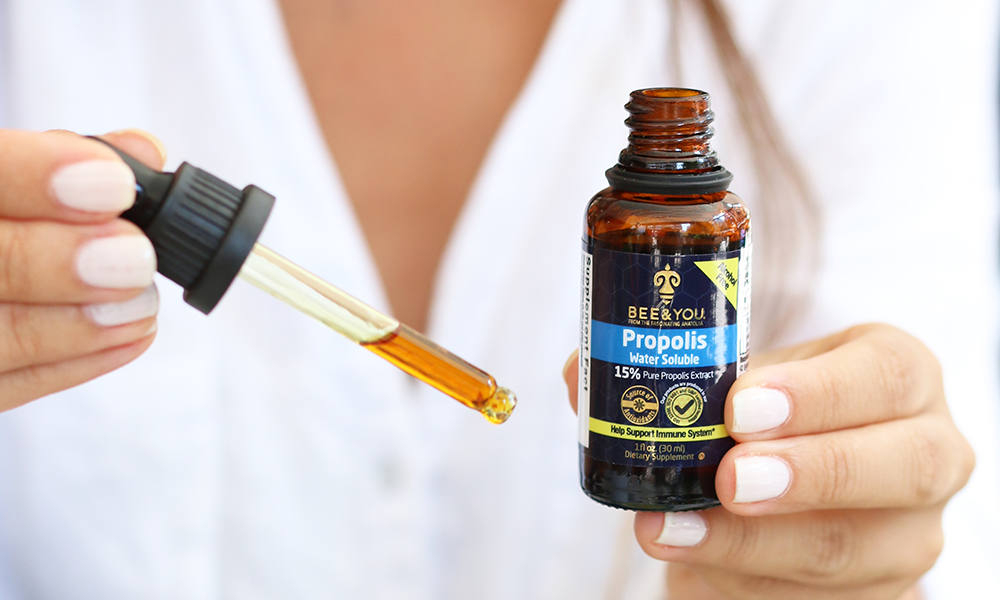Working on social networks requires you to constantly “turn on” — whether it’s scrolling through the feed in search of inspiration, responding to comments, or tracking trends. And if you add a news cycle and trolls to this, then you can get a one-way ticket to the city of burnout. You can quickly get distracted and relax by visiting online casino Canada. We all need a rest sometimes.
That’s why we share with you the best tips for protecting your mental health if you work on social networks or even just visit the Internet often.
Does Social Media Affect Our Psyche?
If you have a complicated relationship with social media, you are not alone.
While they can be useful for building relationships, raising awareness, and growing a business, they can also have a serious impact on your mental health.
In fact, according to Vibely’s report on the burnout of creators, 90% of creative personalities experienced burnout, and 71% were thinking about leaving social networks.
Dr. Michaela Dunbar, clinical psychologist and founder of @myeasytherapy, says burnout is a psychological condition: “[It] affects a person’s attitude to life and work. If not taken care of, this cycle can lead to the fact that daily duties will seem disruptive, which will make it difficult to function in all aspects.”
Take a Break From Social Media
When was the last time you took a break from social media? That is, completely disconnected, exited applications, and deleted them from your phone? If your answer is “Never”, then maybe you need to spend some time away from the screen.
We know, we know it’s difficult, especially if your job requires a constant online presence, but your mental health matters!
A break can give you much-needed “time for yourself” and even push you to new creative ideas. You can either inform your community that you will be offline for a while, or you can continue to post information, but at a slower rate and with the caveat that you will respond when you return.
Using scheduling platforms to create a schedule and automatically publish content on social media can also relieve some of the stress associated with publishing in real time and allow you to completely disconnect.
Keep Track of Your Screen Time
About 58% of the world’s population uses social networks, and the average time of their use is 2 hours 27 minutes a day. If you are a social media manager, creator, or entrepreneur, this value is most likely higher.
Here are some tools to help you manage your screen time:
- Set limits in apps: Using your phone, you can track and control the time you spend on social platforms. You can also set time limits in the app itself.
- Set break reminders: Browser extension, for example, Stand Up! The timer can give you a friendly push to get you away from the computer. Use this time to drink water, stretch, take a walk – whatever you like.
- Set the bedtime for your phone: Most mobile devices have a little-known feature that allows you to stop constant alerts. By setting the “sleep time”, all your notifications will be postponed until the morning.
Set Boundaries Between Work and Personal Life
One of the most effective ways to manage your mental health when it comes to social media is to set boundaries. But if it’s hard for you to say no, start small.
When distributing work assignments for a week, ask yourself a couple of questions:
- Is it possible or impossible?
- Is there anything that can be postponed or rescheduled for next week?
- Can you connect a colleague or a freelance employee to help you complete several tasks?
You should clearly understand what your workload is. And only then will you be able to build boundaries between work and personal life, as well as get extra time for yourself.






